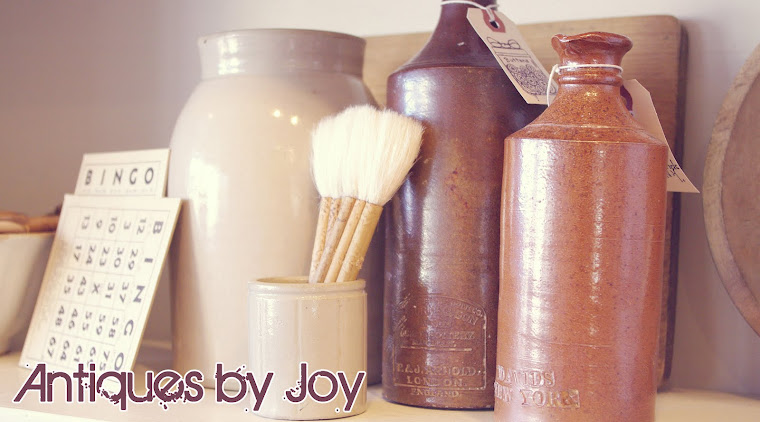I grew up hearing a sweet vernacular in the south.
There are particular phrases I rarely hear anymore, but which carry me back in an instant
to a gentler time.
They were the colloquialisms of people whose ancestors immigrated from rural Ireland, England and Scotland, settled in the Appalachian mountains, and bore generations of hardworking rural descendants.
They were clannish, in the sense that communities remained secluded and outsiders had little influence on them for 150 years or more.
They spoke in the rural dialects brought with them.
Though, over time, as they became more integrated with other society their
language patterns evolved, melded and became more modern,
some idiosyncrasies continued.
There is haunting folk music from these indigenous people
that can barely be considered American English.
It's unique qualities have all but died out with the
great - great - great - grandchildren
of those who sang it.
Along with the old language idioms
there are some strangely unique phrases that you're just not likely to hear anywhere else.
When I was a child, I learned if you can't run with the big dogs, just stay on the porch.
When everything was going great, you were in high cotton.
If things were going poorly, you had a hard row to hoe.
If you thought you could do something, you "might could".
Usually, you needed to do what you were told to do, but occasionally you got to have your druthers.
(You could do what you'd rather do.)
When I was a child, I learned if you can't run with the big dogs, just stay on the porch.
When everything was going great, you were in high cotton.
If things were going poorly, you had a hard row to hoe.
If you thought you could do something, you "might could".
Usually, you needed to do what you were told to do, but occasionally you got to have your druthers.
(You could do what you'd rather do.)
One of my girlfriends has a couple of particularly southern phrases
that I always get a chuckle from:
"That town, (store, party, street, etc.), is so empty
you could swing a dead cat and not hit anybody."
Truth is, you could have swung anything and not hit anybody,
but the dead cat is a really great effect.
And, in defining a stranger,
"Why, we didn't know him from Adam's house cat."
If you wanted to eliminate something, you were gettin' shed of it.
In the south, a person who doesn't take proper care in examining an item before buying it,
(or a potential spouse, before marrying them),
has bought a
"pig in a poke".
(To understand that, you'd have to know that a poke is a burlap bag,
through which you wouldn't know if the pig was worthy or not.)
You might say they fell for something they should have been bright enough to see coming.
If a thing is supposed to be a certain way, you may hear that it
"belongs to be".
Example: "Don't those children belong to be in school?"
There was a particular fondness for archaic words, and people were known to:
hanker after something,
conjure up an idea,
cipher the price of an item,
dawdle around instead of getting on with the job,
jaw about things, or jaw someone's ear off,
and occasionally to be tetched,
(which could mean to be affected by, or made insane by something, such as grief, or too much sun.)
When someone is preparing to do a task,
or even just thinking about it,
they're "fixing to" get it done.
I suppose they had a variety of issues pertaining to the subject,
that they needed to organize or assemble before actually
doing the job.
Y'uns
is the accepted hyphenation for "you ones", which is an endearing term of possession.
(Similar to my dear ones.)
To "set a spell" pertains to settling in for a time, as in,
"y'uns jes set a spell an have some of this pie."
And
"pie"
always
means
"love"
in the south!



No comments:
Post a Comment